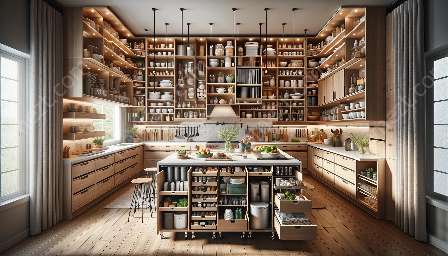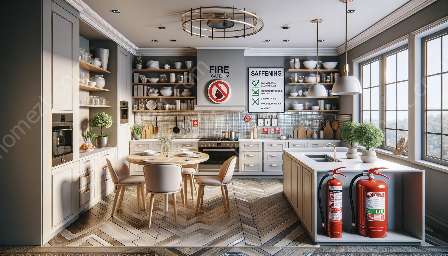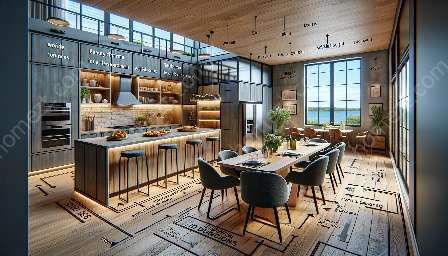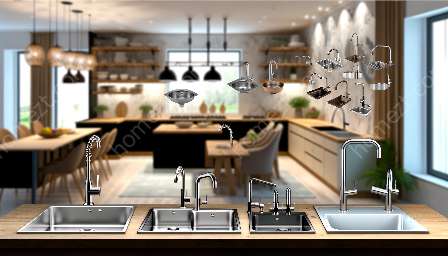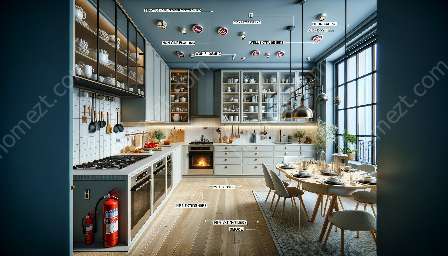When planning a kitchen remodeling project, it's crucial to understand the permits and regulations that are required to ensure a smooth and legal process. This comprehensive guide will delve into the essential documentation and legal considerations necessary for a successful kitchen renovation, covering both kitchen and dining areas.
The Importance of Permits and Regulations
Before diving into the exciting aspects of designing and renovating a kitchen, it's necessary to address the legal and logistical side of the process. Permits and regulations serve as the framework that ensures that the remodeling project adheres to safety standards, building codes, and environmental guidelines. Failure to obtain the required permits may result in penalties, delays, or even the reversal of completed work.
Types of Permits Required
Building Permit: A building permit is typically required for structural alterations, electrical work, plumbing modifications, and any changes that affect the building's structure.
Electrical Permit: For any electrical upgrades or new installations, an electrical permit is necessary to verify that the work complies with safety codes.
Plumbing Permit: If the remodeling project involves plumbing changes, such as relocating sinks or adding new water lines, a plumbing permit is essential to ensure compliance with local plumbing codes.
Regulations for Kitchen & Dining Remodeling
When it comes to kitchen and dining remodeling, various regulations must be considered to ensure a safe and functional space.
Health and Safety Regulations
The kitchen is subject to specific health and safety regulations due to the nature of food preparation and storage. Compliance with regulations regarding ventilation, fire safety, and sanitation is crucial for a legally compliant kitchen remodel.
Accessibility Standards
Creating a kitchen that meets accessibility standards is essential for accommodating individuals with disabilities. Considerations such as countertop heights, cabinet accessibility, and maneuvering space should align with applicable regulations.
Documentation and Compliance
Aside from permits, documentation plays a vital role in the remodeling process to ensure compliance with regulations. This includes obtaining approvals, inspections, and adhering to specific guidelines set forth by local authorities.
Approval Process
Prior to commencing the remodeling work, it's crucial to secure the necessary approvals from the local building department, zoning commission, and any other relevant regulatory bodies. This often involves submitting detailed plans and specifications for review and approval.
Inspections
Throughout the remodeling process, inspections by authorized personnel will be required to verify that work is being carried out in compliance with the approved plans and regulations.
Compliance Verification
Documentation outlining compliance with safety codes, energy efficiency standards, and environmental regulations must be maintained for the duration of the project and often provided upon completion.
Working with Professionals
Given the intricacies of permits and regulations, collaborating with professionals, such as architects, contractors, and designers, can streamline the process and ensure that all legal requirements are met. These experts are well-versed in local regulations and can guide homeowners through the complexities of obtaining permits and adhering to regulations.
Conclusion
Ultimately, understanding and complying with permits and regulations are integral to the success of a kitchen remodeling project. By familiarizing oneself with the necessary documentation and legal requirements, homeowners can embark on their remodeling journey with confidence, knowing that their project is in line with legal standards and contributes to the creation of a safe and functional kitchen and dining space.









